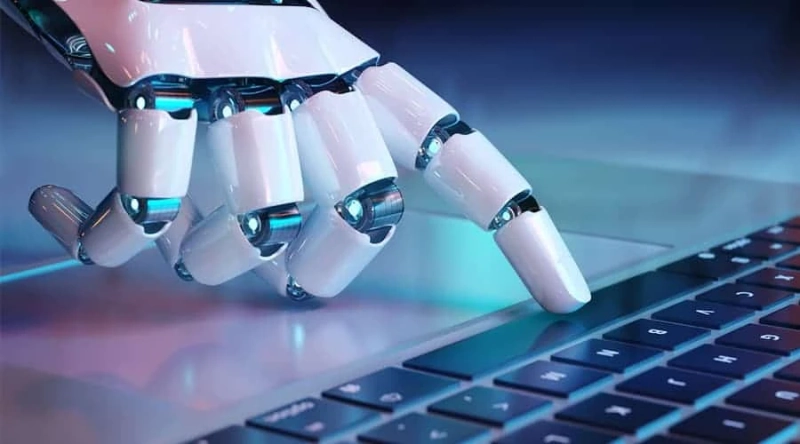Higher education has encountered several difficulties lately, from making sure it is affordable and accessible to upholding academic integrity and enhancing student results. A viable technological solution to many of these pressing issues is artificial intelligence (AI), which has the potential to completely transform the way that education is received and experienced.
Let\'s explore how AI can have a big influence on higher education.
Improving Personalised Education
Meeting the unique requirements and varied learning styles of students is one of the main problems in higher education. To provide individualized learning experiences, AI-powered educational systems may assess students\' learning styles, areas of strength, and areas for improvement. Adaptive learning systems, for example, can dynamically modify the level of difficulty of the content, offer focused feedback, and suggest further materials according to each student\'s progress. This individualized approach promotes greater comprehension and retention of the course material in addition to increasing engagement.
Improving Accessibility and Inclusivity
AI technologies such as Natural Language Processing (NLP) and speech recognition have the potential to make education more accessible to students with disabilities.
For example, AI-driven captioning and transcription tools can enhance the accessibility of lectures and educational videos for hearing-impaired students. Similarly, chatbots equipped with NLP capabilities can assist students with visual impairments by providing audio descriptions of course materials and navigating learning platforms more efficiently. By leveraging AI for inclusivity, higher education institutions can ensure that every student has equal access to educational resources and opportunities.
Enhancing Academic Support and Guidance
Streamlining Administrative Tasks
Teachers and staff have a lot of paperwork and tasks to do. AI tools like grading systems, chatbots for students\' questions, and predicting schedules can make these tasks easier and faster. For example, AI can look at old data to guess what classes students will want, make classrooms work better, and make schedules that fit each student. This saves time for teachers to teach and help students, and for staff to do other important things.
Enhancing Research and Innovation
AI is changing how research and new ideas happen in colleges. AI can look at lots of research and find patterns and new ideas that make science and learning faster. Also, AI tools like virtual labs and places to try out new ideas let students and researchers work together from far away. This helps new ideas happen more and makes learning more interesting.
Taking Academic Integrity Into Account
Being honest in school is important. An essay writer can help find people who copy work or cheat in exams. They compare students\' work to lots of other papers and books to check for copying. Also, during exams, AI can watch for strange behavior and make sure everyone does things the right way. Using AI like this helps schools keep being fair and honest.
FAQs
In higher education, how does AI enhance personalized learning?
AI examines how students learn to design individualized learning experiences, modifying the level of difficulty of the material and offering feedback according to each student\'s development.
What accessible options does AI provide for college students with disabilities?
By providing captioning, transcription, and audio descriptions for lectures and course materials, AI technologies such as speech recognition and natural language processing (NLP) improve accessibility.
How might virtual assistants powered by AI help students outside of the classroom?
AI virtual assistants provide academic help and guidance by responding to questions from students, providing clarifications, and giving immediate feedback on tasks.
What administrative duties can AI help academics and staff in higher education by streamlining?
Through the automation of grading, chatbots for student inquiries, course scheduling optimization, and demand forecasting, artificial intelligence (AI) lessens administrative workload.
In what ways may artificial intelligence (AI) aid in the advancement of creative and ethical research in higher education?
Artificial intelligence (AI) facilitates virtual laboratories for experiments, identifies plagiarism, and accelerates data processing, all of which improve research outputs and uphold academic integrity.
Other Related Blogs
The Future of Writing: Exploring the Potential of AI Essay Writers in Education
Ethical Considerations of Using AI in Writing and Education
Integrating AI Writing Tools in Education: A Comprehensive Guide
How do AI writing assistants boost human writers\' productivity and creativity



